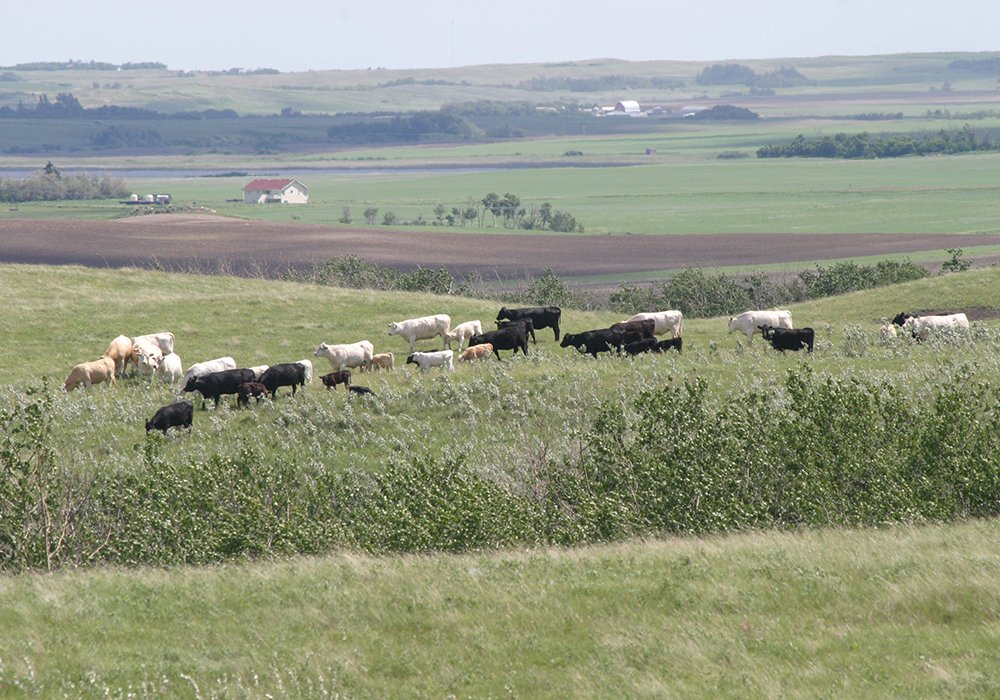Saskatchewan and Ottawa have announced investment in livestock and forage research projects worth slightly more than $5 million.
The money will go toward 28 projects through the Agriculture Development Fund this year.
Francis Drouin, parliamentary secretary to federal agriculture minister Marie-Claude Bibeau, said the federal government supports research that focuses on sustainability.
“Saskatchewan cattle producers already play a significant role in meeting our sustainability goals from carbon storage to preservation of wildlife and native forage,” he told the Saskatchewan Beef Industry Conference. “Our government will continue to support leading edge research for livestock producers that deliver on this priority.”
Read Also

Short rapeseed crop may put China in a bind
Industry thinks China’s rapeseed crop is way smaller than the official government estimate. The country’s canola imports will also be down, so there will be a lot of unmet demand.
Saskatchewan minister David Marit said the funded projects range from the potential for native and tame forage species to enhance carbon sequestration to reproduction diagnostics to animal health treatments.
He noted that the ADF attracts significant interest from researchers in both livestock and crops.
“In 2021-22 the ministry received 297 letters of intent on ADF project funding. Of the 116 full application letters received, a total of 83 were approved and received funding,” he said during his address to the conference.
Marit also said that $483,000 of the livestock and forage funding comes from the Saskatchewan Cattlemen’s Association, Saskatchewan Forage Seed Development Commission and SaskMilk to support 13 of the 28 projects.
The minister announced a six-month extension to the Farm and Ranch Water Infrastructure Program application deadline for producers who had accessed the temporarily increased maximum funding through the program.
“We’ve heard from producers that it’s been difficult to source materials and contractors to construct their water development projects,” he said.
Now, a preliminary application must be in by March 31, with the full application for rebates in by Sept. 30.
Drouin acknowledged cattle producers’ resilience in dealing with the pandemic and drought.
“The feed situation remains serious for producers and will continue to be a challenge going forward,” he said, adding that “there is more to come” in terms of drought support.
















